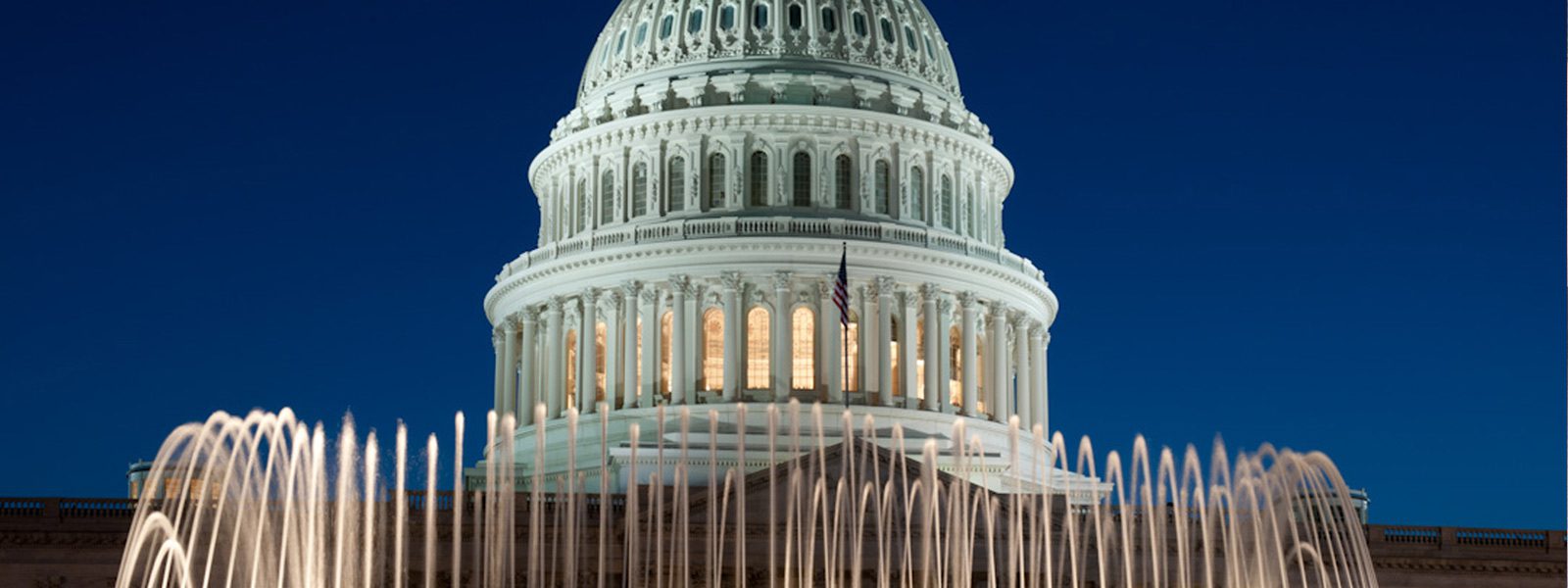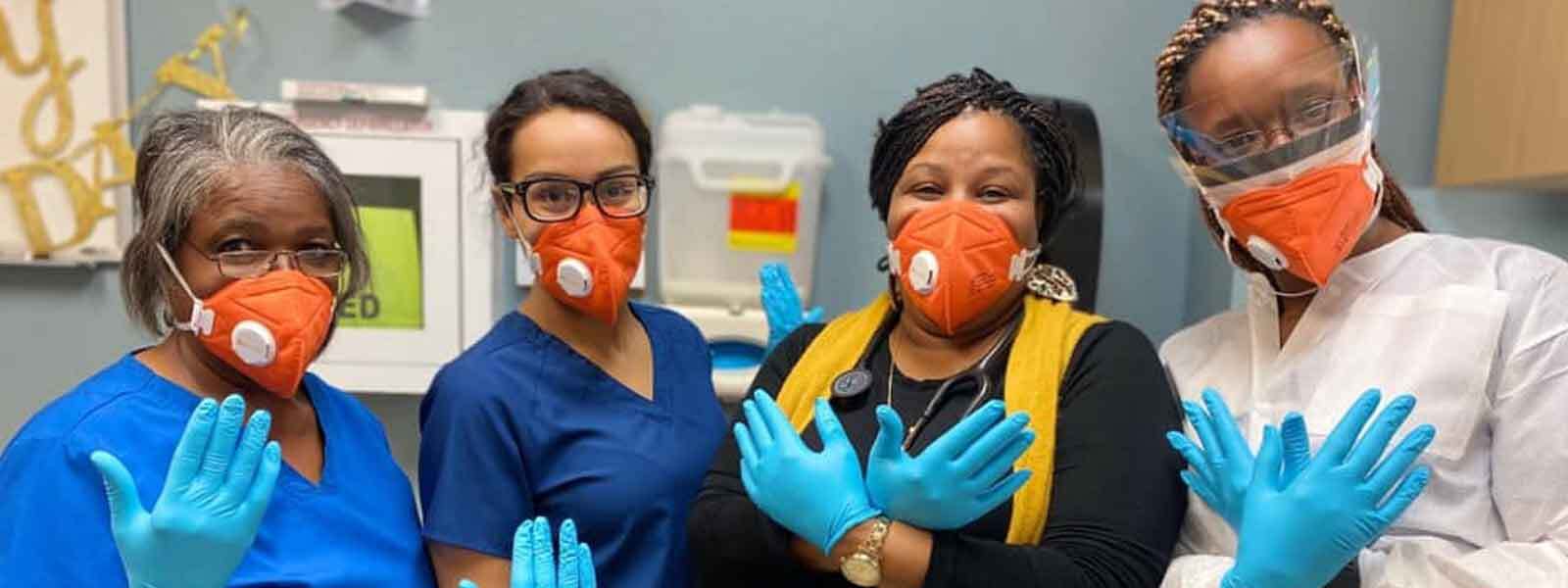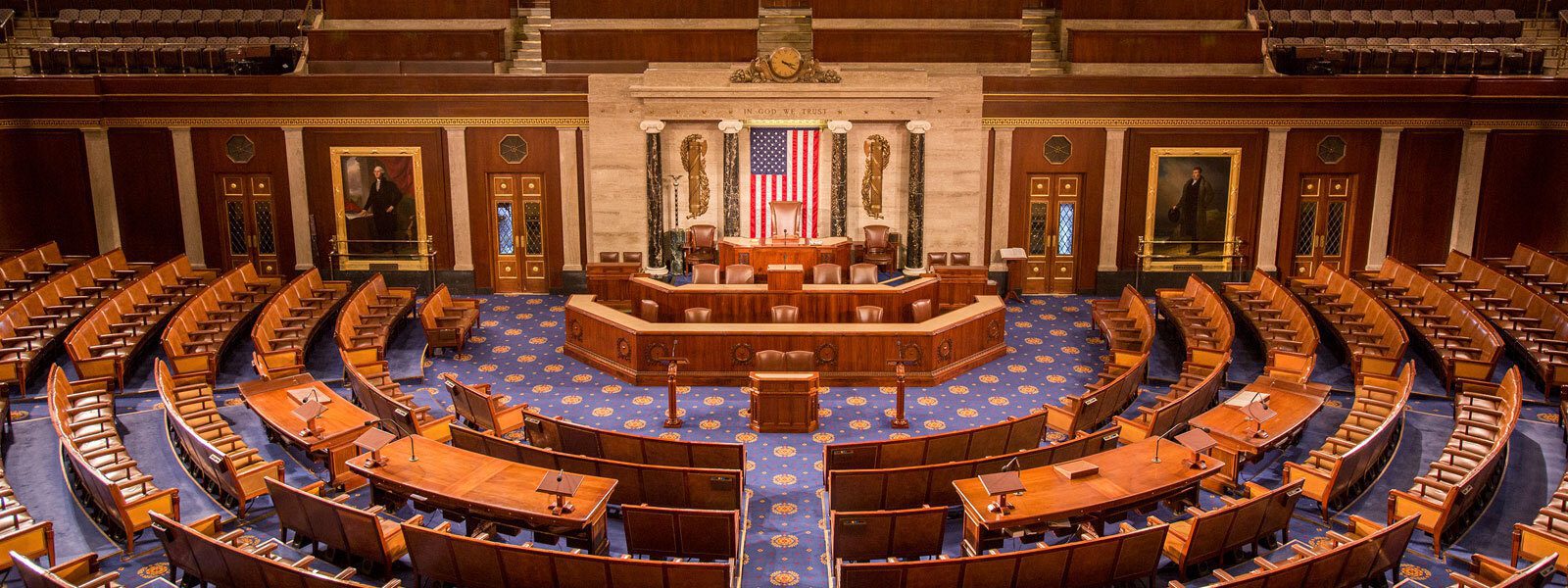About a month ago, I wrote about a balancing act many of us face as leaders. We were in the middle of a crisis and yet had to lead staff, volunteers, and our communities through to the other side, while remaining focused on our values, and without losing sight of what brought us into this work. As our states and country begin loosening restrictions on our movement and mobility, we look for similar guidance. When is it ok to “go back to our normal way of life”?
I’m afraid that is the wrong question entirely. We still face a tough balancing act between opening the economy and a very real public health crisis. Nearly 90,000 people have died, many in the most vulnerable populations, and it is precisely when our minds tire of the crisis that we need to remember our obligations to our neighbors. At the same time nearly 36 million people, disproportionally women who earn less than $40,000 per year, are unemployed. The pressing need to get the economy up and running is critical, especially for the most vulnerable. The balancing act of these two real challenges calls on our individual and collective moral sensibility. It is easy to be tested on values when a situation is novel or time bound. It’s an entirely different thing when the openness to withdraw from continuous moral reflection seems acceptable.
At Independent Sector, we have regular discussion with local health and government officials about the timeline for opening. It is clear to us that we are among a privileged group of people in that most of our work can be done remotely. Our ability to fulfill our mission is harder, but not impossible. And so for the sake of our neighbors and the many in the sector who are providing critical life-saving services in health, food, housing, child care, among other services, we will not make decisions that put our staff, volunteers, vendors, and the members we serve at risk by our desire to get back to normal.
My reflections on this time is that it won’t feel easy or good to go through this summer without our usual freedoms, but it is a sacrifice worth making for the health of the whole of our country. That sacrifice is something we see in many transformational leaders who do things that seem impossible and without the promise of success or accolades, but because they are drawn to do what they can in their own power to change the world for the better. We hope that spirit shines through in discussions we will host during our June 5 Upswell Pop-Up, part of our series of virtual events meant to connect you to new people, make sense of the changing world around us, and explore big ideas about what comes next.
We’re excited to announce that Nobel Peace Prize winner Jody Williams will join us for a powerful conversation with me and Lynne Twist, author of The Soul of Money, and about what it means to lead in the face of global uncertainty. Then we’ll explore the remarkable mechanics of an Illinois partnership between philanthropy, business leaders, and donors that raised and deployed $50 million in COVID-19 relief in just 30 days by deconstructing and totally reimagining their operational processes. These are two powerful examples of what it means to continually hold our values as the organizing principles of our decisions and consider the health of our communities beyond our self-interests.
We hope you’ll join us for these and other discussions, resources, and updates at our newly redesigned COVID-19 resources page, and at upswell.org.
May you have a productive and mindful week, and don’t hesitate to reach out if we can be helpful to you and your organization.



